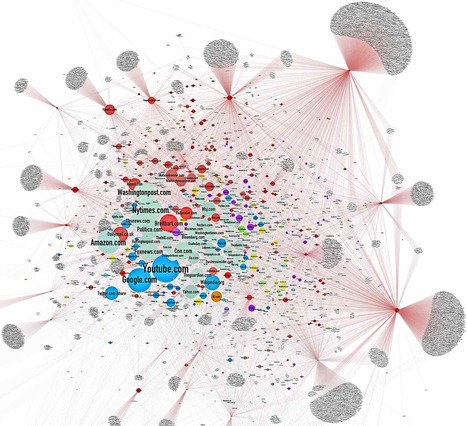Are Jews evil? It’s not a question I’ve ever thought of asking. I hadn’t gone looking for it. But there it was. I press enter. A page of results appears. This was Google’s question. And this was Google’s answer: Jews are evil. Because there, on my screen, was the proof: an entire page of results, nine out of 10 of which “confirm” this.
The top result, from a site called Listovative, has the headline: “Top 10 Major Reasons Why People Hate Jews.” I click on it: “Jews today have taken over marketing, militia, medicinal, technological, media, industrial, cinema challenges etc and continue to face the worlds [sic] envy through unexplained success stories given their inglorious past and vermin like repression all over Europe.”
Google is search. It’s the verb, to Google. It’s what we all do, all the time, whenever we want to know anything. We Google it. The site handles at least 63,000 searches a second, 5.5bn a day. Its mission as a company, the one-line overview that has informed the company since its foundation and is still the banner headline on its corporate website today, is to “organise the world’s information and make it universally accessible and useful”.
It strives to give you the best, most relevant results. And in this instance the third-best, most relevant result to the search query “are Jews… ” is a link to an article from stormfront.org, a neo-Nazi website. The fifth is a YouTube video: “Why the Jews are Evil. Why we are against them.”...



 Your new post is loading...
Your new post is loading...








Tech-savvy rightwingers have been able to ‘game’ the algorithms of internet giants and create a new reality where Hitler is a good guy, Jews are evil and… Donald Trump becomes president. This thoughtful post explores challenging culture and technology issues. Recommended reading. 10/10